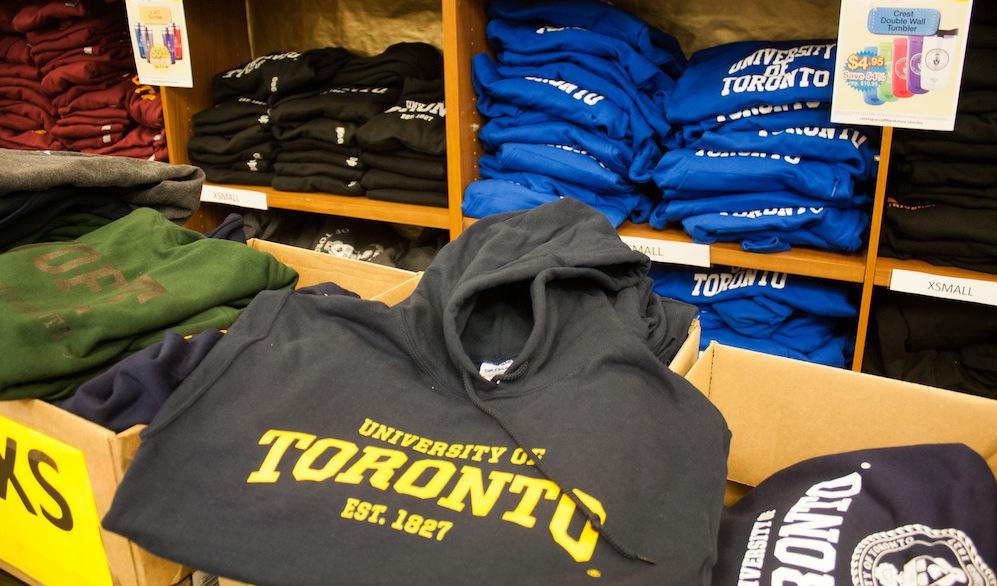Gildan Activewear, a clothing supplier to the University of Toronto, has promised to pay at least 90 per cent of its workers in Haiti the local minimum wage. This commitment comes following a report produced by the Workers’ Rights Consortium (WRC).
The 47-page report, entitled “Stealing From the Poor: Wage Theft in the Haitian Apparel Industry” found that the Montréal-based company paid its employees as little as six Haitian gourdes (HTG), the equivalent of 13 cents, per 72 t-shirts that they produced. The report revealed that workers in another factory contracted by Gildan were also required to produce 3,600 t-shirts per day in order to receive the legal minimum wage of 300 HTG for eight hours’ work, which only three per cent of them actually received.
Michael Kurts, a University of Toronto spokesman, indicated in October that the university would act based on the judgment of the WRC. “The university is awaiting a response from the companies involved. If we do not receive a response that’s acceptable to the WRC, the university will determine what further action is required, up to and including ceasing to do business with those companies or any company to whom they provide product,” he said.
Stephanie Gaucher, public relations representative for Gildan, explained that the majority of the company’s operations are located in Central America, Honduras, Nicaragua, and the Dominican Republic. “Only a small percentage of Gildan’s overall production is subcontracted to third-party contractors in Haiti, which the company does not own,” Gaucher said.
Attempts to contact a spokesperson from one of the Haitian factories proved unsuccessful.
Fruit of the Loom, a clothing company based in Kentucky, and another supplier to U of T, also agreed to comply with Haitian labour laws in response to the same report by the WRC. Scott Nova hopes that other American retailers — like Hames, Walmart, and Gap — will follow suit. According to Nova, these companies cite ambiguous labour laws as their reason for refusing to commit to the same standards as Gildan. “That’s not true; the law is not ambiguous at all,” Nova maintains.
In light of Gildan’s promise, the university concluded its investigation. Althea Blackburn-Evans, acting director of news and media relations at the University of Toronto, expressed satisfaction with the outcome. “U of T’s investigation into this matter would have been focused on pressuring Gildan to take action, had they failed to do so. Given that Gildan did take follow-up action, which was deemed acceptable by the WRC, the university has no reason to engage in any further investigation.”
The WRC represents 180 universities and colleges worldwide, including U of T. Part of the agreement between the WRC and affiliated institutions requires the university to provide the WRC with a list of all the names and locations of all factories involved in the production of its name-branded goods. The university also has to adopt a manufacturing Code of Conduct and work toward the incorporation of this code into applicable contracts with companies that make university-branded apparel.
For large companies, Haiti presents an attractive labour market, with minimum wage in the garments sector at $0.87 per hour. Only Bangladesh and Cambodia offer cheaper labour in the clothing industry.


